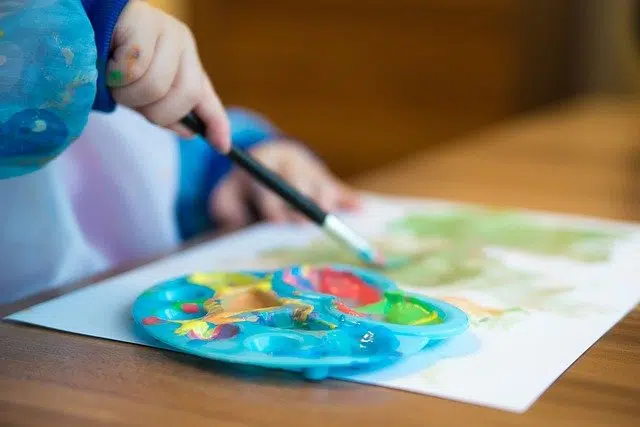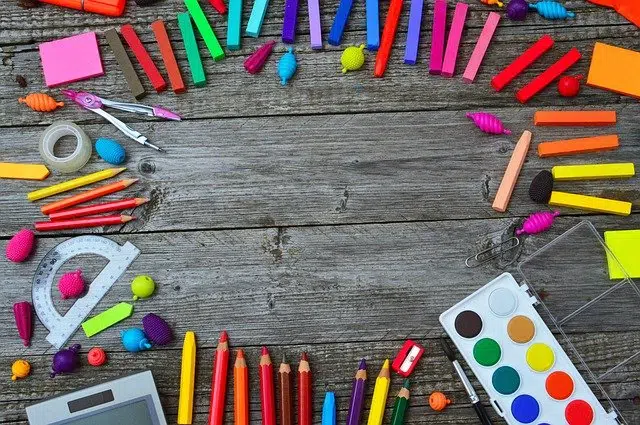
Artistic education aims for the student to learn to express themselves through art.
Education is a process that allows a person to assimilate and learn knowledge . The new generations manage to acquire the ways of being of the previous generations and a cultural and behavioral awareness occurs. With education, the subject acquires skills and values.
Art , for its part, is the set of human creations that express a sensitive vision of the world, both real and imaginary. Artists appeal to plastic, sound or linguistic resources to express their emotions, sensations and ideas.
Artistic education , therefore, is the teaching method that helps the subject channel their emotions through artistic expression. In this sense, this type of education contributes to the cultural development of man .
Promotion of artistic education
UNESCO (United Nations Educational, Scientific and Cultural Organization) is one of the international organizations that is most concerned about artistic education. Hence, it is common to prepare different events that revolve around it. This would be the case, for example, of the International Week of Artistic Education that took place in 2012.
At the country level, we can highlight that the Government of Spain, specifically the Ministry of Education, has been carrying out various initiatives along these lines, such as the National Meeting of Dance Teachers, the National Education and Art Fair , the Federal Meeting of Art and Technology or the National Meeting of political leaders of artistic education.

The methods of artistic education adapt to each era.
Adaptation to the times
The notion of art changes over time; Artistic education, therefore, must adapt to these modifications. In ancient times, for example, art especially had a ritual and magical function, something that was lost over the centuries.
Artistic education, therefore, reproduces the artistic parameters of its time by disseminating them among students. However, its objective should not be copying or imitation, but rather the development of each student's individuality. Education has to provide the necessary tools so that the subject can act with them and exploit their potential.
Disciplines that integrate artistic education
Plastic education , musical education and expressive education of the body are some of the disciplines that make up artistic education, a subject that does not usually receive much attention in school curricula.
In the case of Spain, this subject, especially plastic education and musical education, is present at the Primary and Secondary educational levels. Specifically, art and music are established as two absolutely different subjects in which students are intended to achieve the best knowledge and skills in both fields.
At first, these subjects are developed with the clear objective that the student becomes accustomed to the language of artistic education, they will be sensitized so that they discover the areas that make it up. Meanwhile, once those first steps have been taken, work will be done so that the student can not only discover their abilities and potential but also deepen their perception and discover how art is present in many aspects of our lives.
